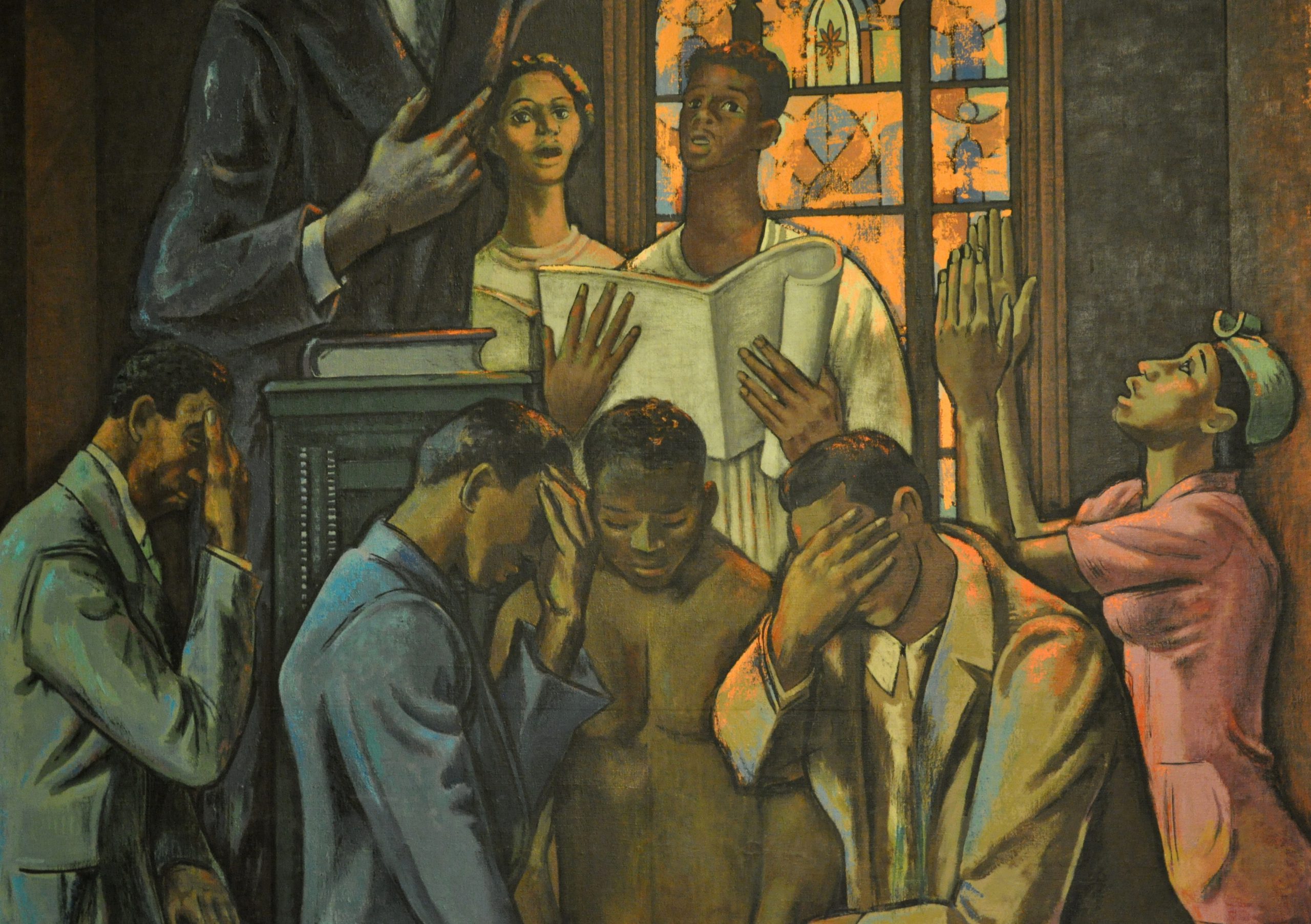
In 1958, 18-year-old Charles Starkweather was dating 14-year-old Caril Ann Fugate when she reportedly broke up with him, starting a murder spree that would become one of the most infamous in history. Framed as a modern Bonnie and Clyde, the violence that unfolded became the foundation for not just legal controversy but incredible pop culture influence. The story of Fugate and Starkweather is most notably embedded in Terrence Malick’s “Badlands” and Bruce Springsteen’s Nebraska, but echoes of it can be found in “Natural Born Killers,” “Kalifornia,” and any tale of a couple taking lives across the American heartland. But the narrative has been wrong from the very beginning. Go back and look at that first sentence again. Fugate was fourteen. Today, it would be clear she was a victim of Starkweather’s as well, and she has insisted from the beginning that she didn’t participate in any of his crimes. Showtime’s four-part “The 12th Victim” seeks to reclaim this story and correct the record. It does so admirably, even as it succumbs to the most common problem in modern docuseries in that it would have worked better as a tighter, focused feature. At four episodes, it repeats itself a lot and has a habit of wandering off into the lives of the people who wrote the book on which it is based in unrewarding ways, but there’s value to be had in challenging a story that has never been told in the right way before.
On January 21, 1958, Charles Starkweather shot and killed Fugate’s stepfather and mother and then stabbed her half-sister. Fugate has always claimed—and been affirmed via lie detector test—that Starkweather told her that they were someplace else and held the threat of their safety over her for the next several weeks as their crime spree unfolded. This is an essential part of the Fugate story because the narrative sold by cops and prosecutors later was that she knew about the deaths of her family. If she did not and believed that escaping Starkweather could put them in jeopardy, it changes everything.
For the next six days, Starkweather and Fugate lived in that home, turning away anyone who came to check on the family. Fugate even left a note on the door saying they were sick, and “The 12th Victim” asserts that the note contained an intentional error by Caril to alert the authorities who didn’t catch it. From there, things got much worse. Starkweather took Fugate across Nebraska and Wyoming, killing six more people before Fugate was able to escape to a police officer on the side of the road. At that point, many people presumed she was a kidnapping victim—the doc makes clear how the cops expected to find her body at one of the crime scenes eventually—but the story shifted in the public eye to make her an accomplice. She was sentenced to life in prison—the youngest ever—and Starkweather was given the death sentence in 1959. In 1976, Fugate was paroled, and people have fought for her pardon as recently as 2020, which was denied.
“The 12th Victim” opens with footage of the films that were inspired by the Fugate/Starkweather crimes, making clear its objective to correct a pop culture narrative that makes Fugate a willing murderer instead of a kidnapped child. It then cycles through Fugate’s life in relatively chronological order, confining the crimes to mostly the first episode and then spiraling through the legal battles and Fugate’s life after sentencing. She’s an undeniably fascinating subject, someone who could never shake the shadow of the accusations against her, even appearing on a show called “Lie Detector” to prove her innocence. It feels like the narrative around Fugate changed over time, as evidenced by a radio talk show where so many callers offered her support, but it’s nice to have this as a final word.
I only wish it was a bit more focused. The filmmakers have a habit of failing to connect dots or drawing them too broadly when they get into pop culture. By the time they imply that this case was the pioneer in true crime coverage, they’ve gotten lost in the forest of potential subjects. When “The 12th Victim” focuses tightly on Fugate herself—as in footage of her as a babysitter after her release and interviews with that family—it’s effective, but it has a habit of padding to get to its four-hour length. Fugate’s story is so tragic—a traumatized girl who was turned into a killer by all of the male-dominated systems around her, like journalism and pop culture. And that kind of narrative-spinning continues to happen to this day. She may have been the 12th victim, but she wasn’t the last.
Premieres on Showtime on Friday, February 17th. “The 12th Victim” Airs weekly on the network with all four episodes available streaming today.




